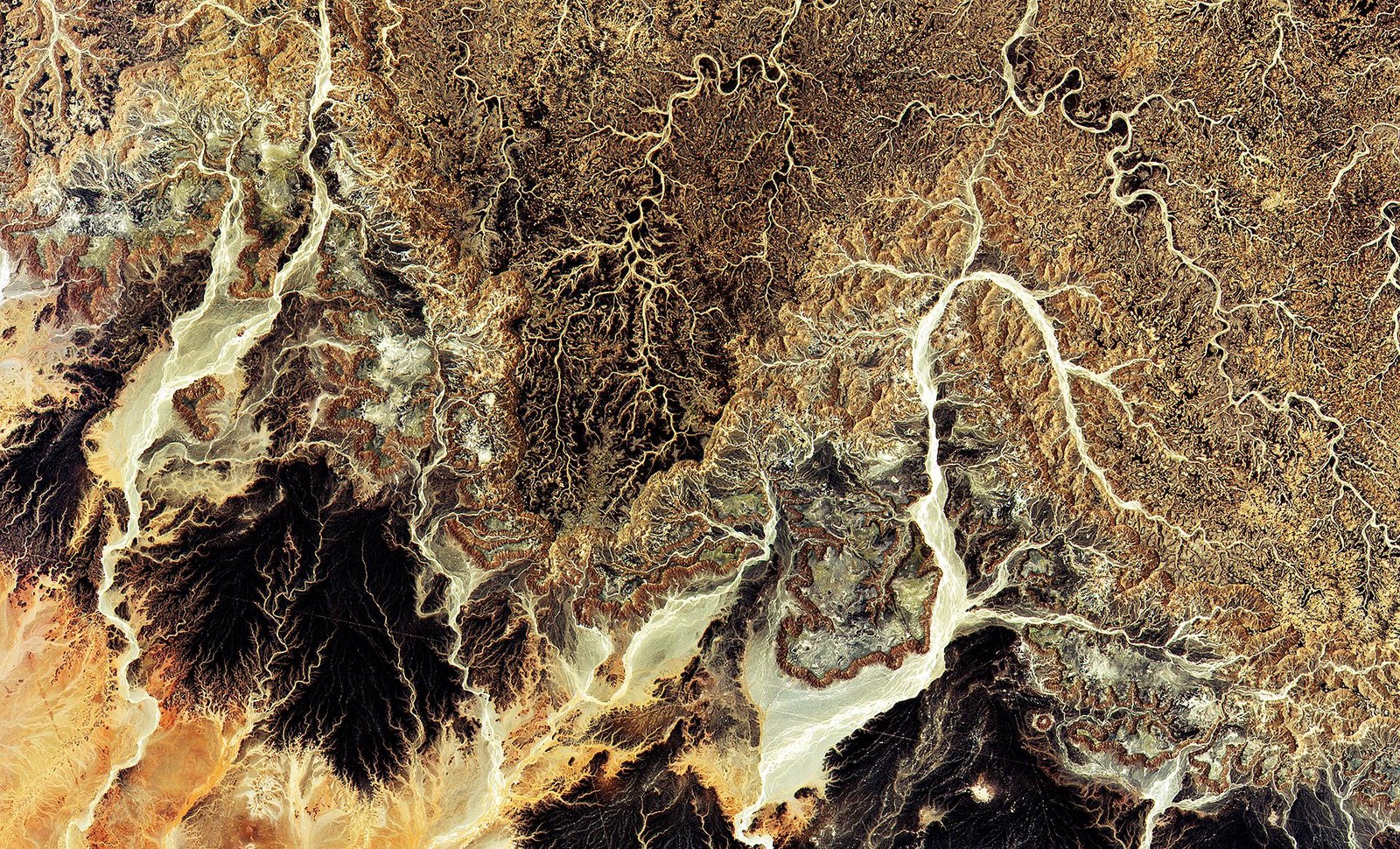How can Africa make better use of space applications?



- Natural disasters such as droughts and flooding cause immense damage worldwide and affect the African continent particularly severely. From 6 to 8 November 2019 an international conference in Bonn is addressing how space science can provide long-term assistance in this area.
- Focus on interdisciplinary and mutual information exchange
- Technological, humanitarian and institutional issues on the agenda
- Focus: Earth observation, crisis and disaster relief, international cooperation
'Space-based Solutions for Disaster Management in Africa: Challenges, Applications, Partnerships' is the title of the first conference focusing on 'Space applications in Africa'. It has been organised by the United Nations, the University of Bonn and the German Aerospace Center (Deutsches Zentrum für Luft- und Raumfahrt; DLR). Approximately 100 participants have convened on the UN Campus in Bonn for the conference, which is taking place from 6 to 8 November 2019. It is being hosted by the United Nations Office for Outer Space Affairs, (UNOOSA), in particular the United Nations Platform for SPace-based Information for Disaster Management and Emergency Response (UN-SPIDER), the Center for Remote Sensing of Land Surfaces (Zentrum für Fernerkundung der Landoberfläche; ZFL) at the University of Bonn and DLR.
"We are convinced that modern Earth observation systems in particular and space technologies in general can and should play a far more significant role in international development cooperation. The excellent quality and rapid availability of Earth observation data is now enabling ever better and more targeted support and assistance in coping with crises and natural disasters. Africa can benefit greatly from these services. In addition, more and more African countries are becoming involved in space research," explains Walther Pelzer, a Member of the DLR Executive Board responsible for the Space Administration, which is based in Bonn. For example, in 2016, Ethiopia founded its own Space Science and Technology Institute, and national space agencies exist in a number of countries, including South Africa, Nigeria, Kenya and Zimbabwe.
"UN-SPIDER supports countries in strengthening their capacities to make effective use of space-based information for disaster management," adds Juan Carlos Villagran of UNOOSA. "To encourage an exchange between providers and users in Africa, we are bringing together the space and disaster management communities at this international conference."
Tidiane Ouattara, Space Expert with the African Union Commission and Programme Coordinator for Global Monitoring for Environment and Security (GMES) and Africa, stresses that “Natural and man-made disasters cause tremendous damage to societies around the world. Developing countries are particularly susceptible to the impact of natural hazards. In its 2016 African Space Policy and Strategy, the African Union Commission outlines that space represents a unique opportunity for cooperation by using and sharing enabling infrastructure, data and knowledge towards the proactive management of responses to natural hazards and disasters, amongst other fields." It highlights Africa's interest in improving and implementing space-related activities, such as Earth observation, satellite communications, navigation and positioning, and astronomy and space science, to be able to independently conduct these activities in the future. "Particularly for environmental and socioeconomic sustainable development purposes, Earth observation is a field of excellence in Europe," continues Tidiane Ouattara. Therefore, there is a great opportunity for Europe to support Africa in the use of Earth observation for the implementation of their Agenda 2063.
In addition to specific application examples and technical sessions, the agenda for the three-day conference includes exchanges relating to innovative technologies such as access to and use of data platforms, the way in which artificial intelligence contributes towards the use of satellite-based information and the identification of specific space requirements from an African perspective. It is also examining the issue of how international agreements can contribute to disaster risk mitigation and effectively countering climate change, and the role of space in these areas. The participants are decision-makers from national authorities and space agencies, remote sensing data centres, civil protection, disaster relief, the environmental sector, the space industry, DLR, the UN, ESA and the EU. As well as offering the opportunity to exchange information, the conference provides a framework for discussing specific projects and needs.
A project manager training session was held the day before the conference, addressing the International Charter 'Space and Major Disasters'.
